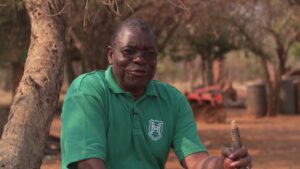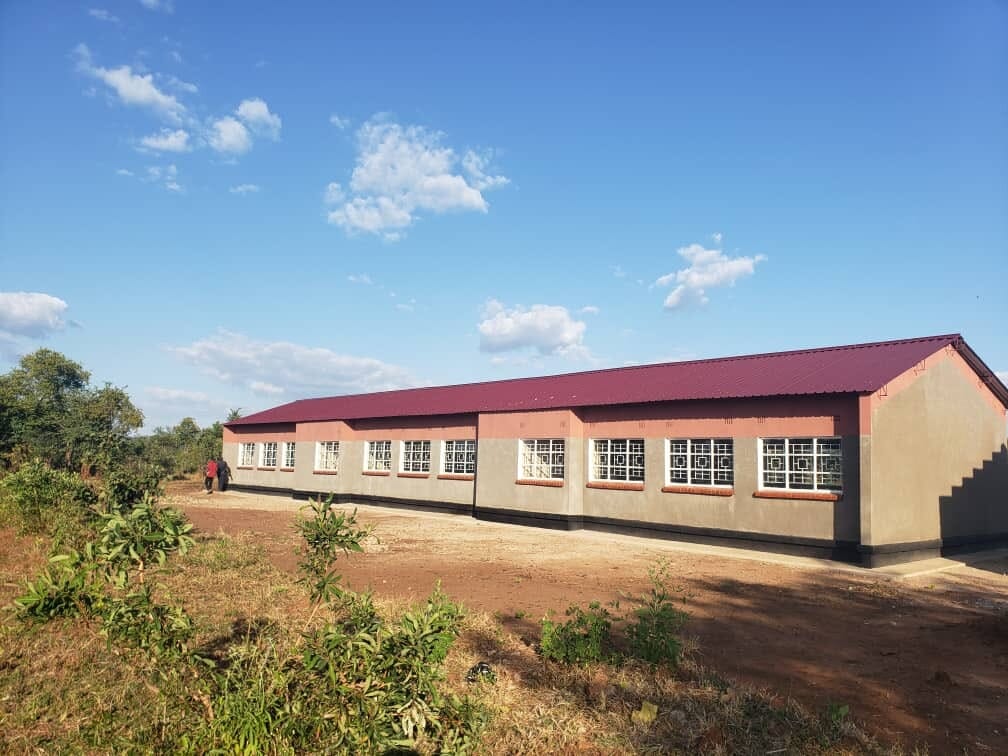In June 2023, the Italian TV Channel RAI 3 published a deeply misinformed report on the Luangwa Valley Forest Project (LCFP), which is Zambia’s leading forest sustainability project. As the Senior Chief in the Luangwa Valley, and a patron of the LCFP, I wrote to RAI 3 to raise my concerns and correct its misreporting.

Unfortunately, RAI 3’s incorrect report is being used as a source by other media.
Since these misrepresentations have a real and substantial impact on the communities who benefit from these projects, I am publicly addressing my concerns, to ensure these misrepresentations are corrected.
To be clear, I believe I can confidently speak on behalf of my community and the LCFP, because this is where I live and where I am able to personally witness positive benefits every day.
The LCFP is a REDD+ project, currently the largest such project in Africa by hectares, and the largest in the world by quantified social impact. It comprises over 1 million hectares.
No one disputes that protecting the world’s forests is crucial for addressing the global climate crisis, but preventing deforestation is an especially difficult challenge in Africa, where forests are also a critical source of income for local communities, and for biodiversity which rely on forests for their existence. While Zambia remains one of the most forested countries on the African continent, it is losing forests at an estimated rate of 163,000 hectares annually, equal to 402,610 soccer fields lost per year.
The implementation of the LCFP shows that there are solutions that are yielding significant positive results, not only for the environment and biodiversity but also for our communities.
Unfortunately, the RAI report implies that the project has failed to deliver significant benefits to local communities. This could not be further from the truth. In fact, the benefit-sharing mechanism includes cash distribution, forest protection, livelihood activities, capacity building, and employment creation. The LCFP has directly benefited close to 225,000 people, resulting in a 220% increase in household average income between 2016, prior to the project’s implementation, and 2022. We continue to experience tangible positive impacts in various areas, including improved access to education, infrastructure development, access to clean drinking water, and support for local economic activities.
One of the most fundamental reasons for the success of the LCFP is that revenue generated from the sale of carbon credits is owned, implemented, and managed by the communities who receive it – our communities themselves determine what the income will be spent on within our communities. The activities that we implement in our communities are arrived at through a lengthy consultative process directly involving the communities, who themselves identify and choose projects, guided by their many urgent needs.
There are some additional corrections to the RAI report which I would like to make:
At its heart, the LCFP is driven by a strong commitment to conservation, community development, and reducing the threat of deforestation not only in Luembe Chiefdom but across the entire project area covering 17 Chiefdoms. To date, the project has protected over 565 million trees and ensured that sustainable conservation and preservation have been imprinted into the hearts and minds of our communities. This has been done by developing initiatives that offer communities alternatives and viable income revenues that do not involve damage to trees and biodiversity.
As Zambians, we are taking our own actions to save our forests and our futures, with the introduction of carbon offset, deforestation, and REDD+ projects. We recognize that the REDD+ model, and indeed the entire carbon credit ecosystem, is a constantly evolving and improving space. While it is critical to continue to improve on the model, it is crucial not to damage the profound impact that this model has on Zambia and our communities. With the right support, collaboration, and investment, carbon offsets can, and are playing a vital role in empowering our communities, as well as contributing to the global fight against the climate crisis.
Yours Sincerely,
Senior Chief Luembe.
